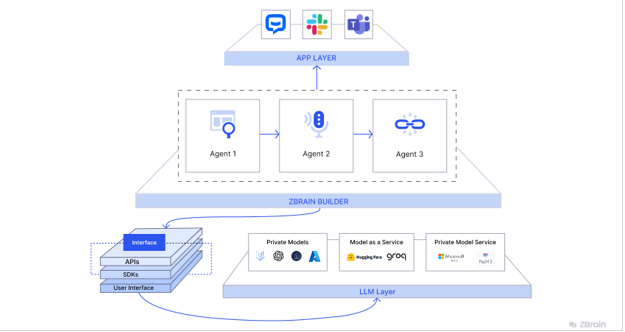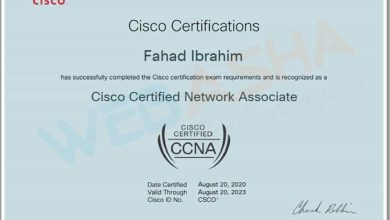What are the important skills to become a Project Management Professional?

Project management is a lucrative career that allows you to make a significant contribution to an organization’s success. And there is a big demand for project management positions: the Project Management Institute (PMI) predicts that companies will need to recruit over two million new project-oriented roles annually till 2030.
As businesses attempt to complete complicated projects in a highly competitive environment, the need for qualified project managers is very high. Despite this need, businesses are experiencing shortages of skilled professionals with credentials like PMP certification, putting them at serious risk. As a result, there are numerous employment prospects for project management specialists with the right expertise. According to research, the most in-demand practitioners have the appropriate balance of competencies—a mixture of technical and leadership skills as well as business acumen.
Are you ready to get the opportunity as project manager? Continue reading to learn about the seven important project management skills to become a project management professional.
What is Project Management?
Project management is the use of procedures, techniques, abilities, expertise, and experience to accomplish certain project goals within predetermined bounds and in accordance with the requirements for project approval. Final outcomes in project management are subject to budgetary and schedule constraints.
1.Leadership That Drives Results
Strong leadership abilities are essential while overseeing a group or project. You may contribute to the advancement of a project and its successful completion by skillfully coaching, directing, and inspiring your colleagues. By keeping in constant contact with their teams and assisting their workforce in acquiring essential strong leadership quality and project management skills, they also promote a productive workplace.
2. Effective Communication
Project managers communicate all the time, from meetings with stakeholders to project kickoffs. In order to effectively bring projects to completion, project managers need to have outstanding communication abilities. On the other hand, ineffective communication can result in missed deadlines and inefficiencies.
Project managers should place a high priority on developing their communication skills in order to reduce this risk. This involves having a clear idea of what you want to do, understanding how to approach people, and developing deep connections with coworkers.
3. Risk Management
In project management, risk management involves identifying and analyzing potential issues that could impact project success. It helps project managers anticipate uncertainties and plan effective responses. Risks are prioritized based on their likelihood and impact on cost, time, or quality. Strategies like avoidance, mitigation, or acceptance are used to manage negative risks, while opportunities are exploited or enhanced. Proactive risk management increases project resilience and improves the chances of delivering successful outcomes.
4. Time and Schedule Management
It might be challenging to focus and set priorities for your job. Try prioritizing chores to enhance your time management abilities and decrease procrastination. To ensure that nothing is overlooked or goes between the cracks, you might start by addressing the chores that are more important to you. Professionals with CAPM certification will be able to manage their time and schedules effectively.
5. Adaptability and Problem-Solving
Adaptability and problem-solving skills are cooperative, iterative abilities that assist you in approaching and, eventually, resolving an issue. People with excellent problem-solving abilities practice addressing problems from fresh angles and systematically working towards an approach that works; it is not about always knowing the “correct” response to every issue.
The key to becoming more adaptive is knowing when and how to change course. You must comprehend yourself in order to do this. Gaining additional soft skills, like mindfulness and self-awareness, can help you better understand and control your emotions, which are frequently unstable during transitional periods.
6. Stakeholder Engagement
Stakeholder engagement involves identifying all individuals or groups affected by the project and managing their expectations and involvement. Effective engagement ensures alignment, builds trust, and reduces resistance throughout the project lifecycle. It includes clear communication, regular updates, and involving stakeholders in key decisions. Understanding their interests and influence helps prioritize and tailor engagement strategies. Strong stakeholder relationships are crucial for project success and long-term support.
Conclusion
Mastering project management isn’t just about meeting deadlines—it’s about delivering value, leading with clarity, and navigating complexity with confidence. Whether you’re planning your first project or pursuing a CAPM or PMP® certification, focusing on key skills like risk management, stakeholder engagement, strategic thinking, and effective communication will set you apart.



